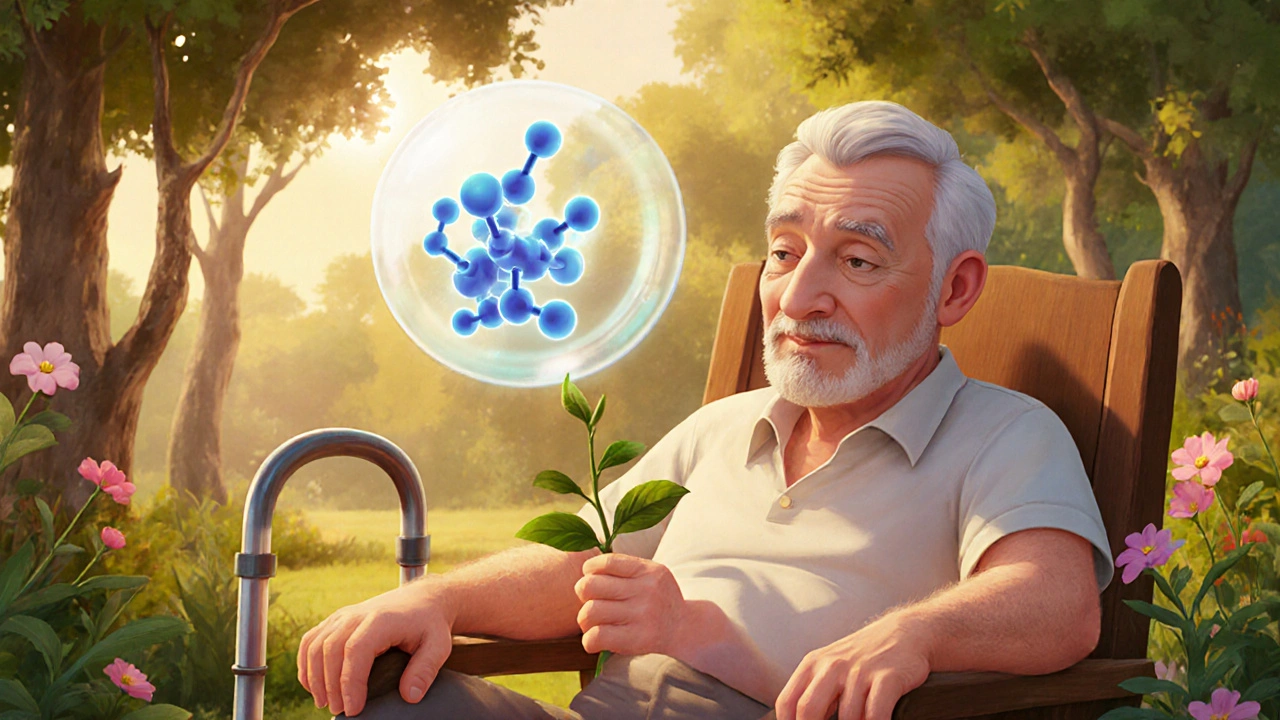Castration-Resistant Prostate Cancer: What It Is, How It Progresses, and What You Can Do
When prostate cancer keeps growing despite low testosterone levels, it’s called castration-resistant prostate cancer, a form of prostate cancer that no longer responds to standard hormone-lowering treatments. Also known as androgen-independent prostate cancer, it doesn’t mean the cancer is untreatable—it just means the old methods aren’t enough anymore.
This isn’t a sudden switch. Most men start with hormone-sensitive prostate cancer, where blocking testosterone shrinks tumors. But over time, cancer cells find ways to survive without it—using tiny amounts of androgens, making their own hormones, or rewiring how they respond to signals. That’s when androgen deprivation therapy, the standard first-line treatment to reduce testosterone stops working. The cancer doesn’t vanish—it adapts. And when it spreads to bones or lymph nodes, it becomes metastatic prostate cancer, a more advanced stage that requires different tools to control.
What’s next isn’t a dead end. Newer drugs like abiraterone, enzalutamide, and apalutamide target the cancer’s last-ditch hormone tricks. Some men benefit from chemotherapy, radiopharmaceuticals, or even PARP inhibitors if they have certain gene changes. It’s not one-size-fits-all. Your treatment path depends on where the cancer has spread, how fast it’s growing, your overall health, and whether you’ve already tried other therapies. There’s no magic bullet, but there are options that can slow progression, ease symptoms, and help you keep living well.
What you’ll find below are real, practical guides from men who’ve been through this—how to spot early signs of resistance, what side effects to watch for, how to talk to your doctor about next steps, and which treatments actually deliver results without destroying your quality of life. These aren’t theoretical reviews. They’re grounded in what works for real people facing the same questions you are.

